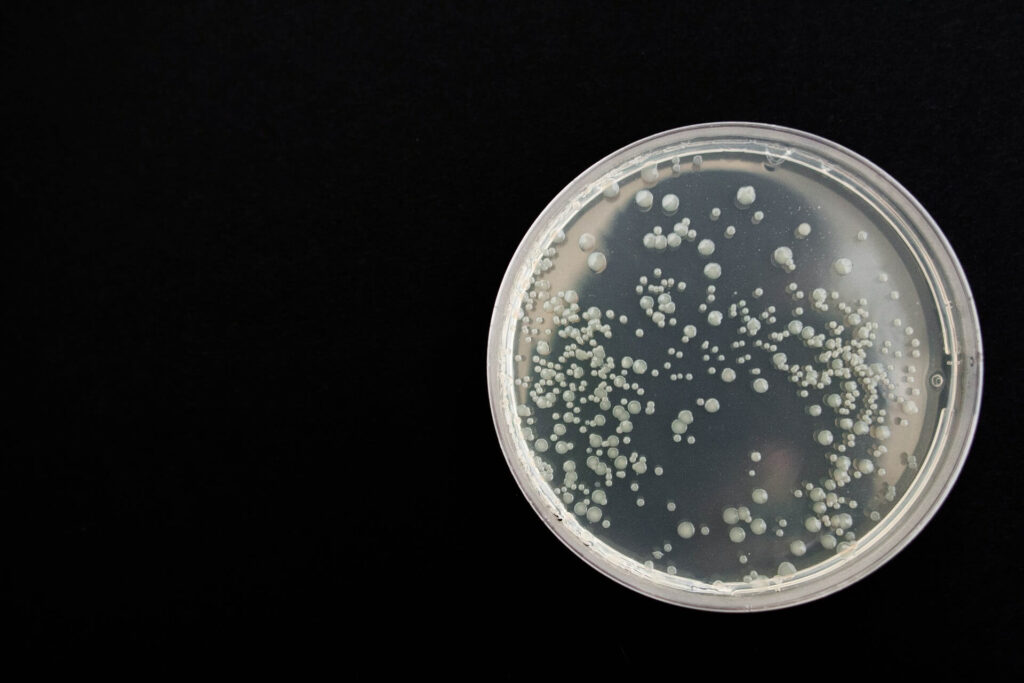- Gonorrhoea is contracted by 78 million people worldwide every year
- The UK accounts for more than half of all gonorrhoea cases in the European Union
- Super gonorrhoea is worryingly resistant to usual antibiotic treatment
- One fully incurable case so far
Super Gonorrhoea, the multi-drug resistant sexually-transmitted infection that sounds like a bacterial comic book hero, is back in the news this year after two women in the UK contracted it. The headlines have been unsettling, warning of outbreaks of incurable STDs with disastrous health consequences, but what exactly is super gonorrhoea, and is it something to worry about?
What is it?
Super Gonorrhoea is the name more commonly given to multidrug-resistant gonorrhoea, or MDRGC, which is a strain of the bacteria that does not respond to the antibiotic treatments that are usually used, with success, to treat cases of gonorrhoea (Ceftriaxone and Azithromycin).
It first made headlines in 2015, following an outbreak of 15 cases in Leeds. That outbreak was contained. After that, Super Gonorrhoea went quiet until late 2018, when a man from the Midlands was diagnosed with what the World Health Organisation called the world’s worst ever case of the infection. He had contracted it while on holiday in Southeast Asia.
It was resistant to the double treatment usually recommended, but finally cleared up following a course of ertapenem, an antibiotic of the carbapenem class, which is usually used as a last resort with infections that do not respond to typical antibiotics.
How is Super Gonorrhoea different from Gonorrhoea?
Gonorrhoea, also known as “the clap” (due to the method once employed by doctors to remove discharge from an infected penis), is a sexually transmitted infection (STI or STD) that has been around since the 1800s. Gonorrhoea has impressive staying power, given that it is still the second most common bacterial STI in this country. It seems to have a particular affinity for the UK, or at least it did in 2016. In that year, UK cases accounted for more than half of all gonorrhoea diagnoses in the entire European Union. The infection is passed on through unprotected vaginal, oral and anal sex, and is contracted worldwide by around 78 million people every year.
Super gonorrhoea is much less common than gonorrhoea, at least in the UK. Drug-resistant strains of gonorrhoea have been found in over 50 countries. By comparison, the UK has gone relatively unscathed in recent years. In 2017, the World Health Organisation found that 81% of the 77 countries it surveyed found instances of gonorrhoea that were resistant to the regular drugs of choice. This included one fully incurable case.
In contrast, just two cases have been diagnosed in British residents so far in 2019, both in January. Of the two infected women, one contracted it from a partner in the UK, and the other from a partner in Europe.
Where did Super Gonorrhoea come from?
Global health experts attribute the multidrug-resistant strains of gonorrhoea to a few key factors.
- Neisseria gonorrhoeae, the bacterium that causes the infection, is more intelligent than other bacteria. It employs various resistance mechanisms that other bugs don’t have. It was originally treated with penicillin, but developed resistance to that, as well as other drugs used in its place.
- The UK is very lucky in the sexual health testing options available here, with accurate testing, diagnosis, and treatment available. Strains of super gonorrhoea originate in countries where the same resources are scarce. Or in countries where antibiotics are available over the counter, someone could easily take a course without a correct diagnosis, which leads to resistance.
- You probably already know that gonorrhoea affects the genitals and rectum, but did you know that it can also live in the throat? This contributes to resistance. If an ordinary sore throat is treated with antibiotics, the Neisseria gonorrhoeae bacteria interact with them, resulting in more resistant strains. (Which means that, yes, you can get gonorrhoea from oral sex.)
How do I know if I have gonorrhoea?
The short answer is that, without seeing a doctor, you can’t tell for sure. While the gonorrhoea symptoms that do show up are quite obvious, such as thick, green or yellow discharge, inflammation of the genitals, painful urination, and bleeding between periods, many instances of this infection have no symptoms at all.
What to do
DO: Make sure you are up to date with your sexual health testing.
DO: Use condoms with new partners. If you have more than one regular partner, make sure that you get tested regularly. This helps you ensure that you don’t have an infection and that you aren’t infecting others. Condoms are an effective barrier against infection, not just for gonorrhoea but for most major STIs, when used correctly and regularly.
DO: Be aware of the risks. Gonorrhoea is on the rise, with massive increases in diagnoses year-on-year in the UK in recent years. Always practice safe sex with new and casual partners.
DO: Be cautious when travelling. The risks of contracting a multi-drug-resistant strain of gonorrhoea are higher in countries that use antibiotics less carefully. The same goes for countries that do not have the same advanced levels of STI testing available.
DON’T: don’t panic! It’s important to be informed about super gonorrhoea, but treat the most recent cases as a cautionary tale.
DON’T: self-diagnose. With sexual health, the only way of knowing if anything is wrong is to get tested.
















